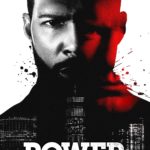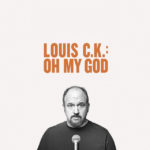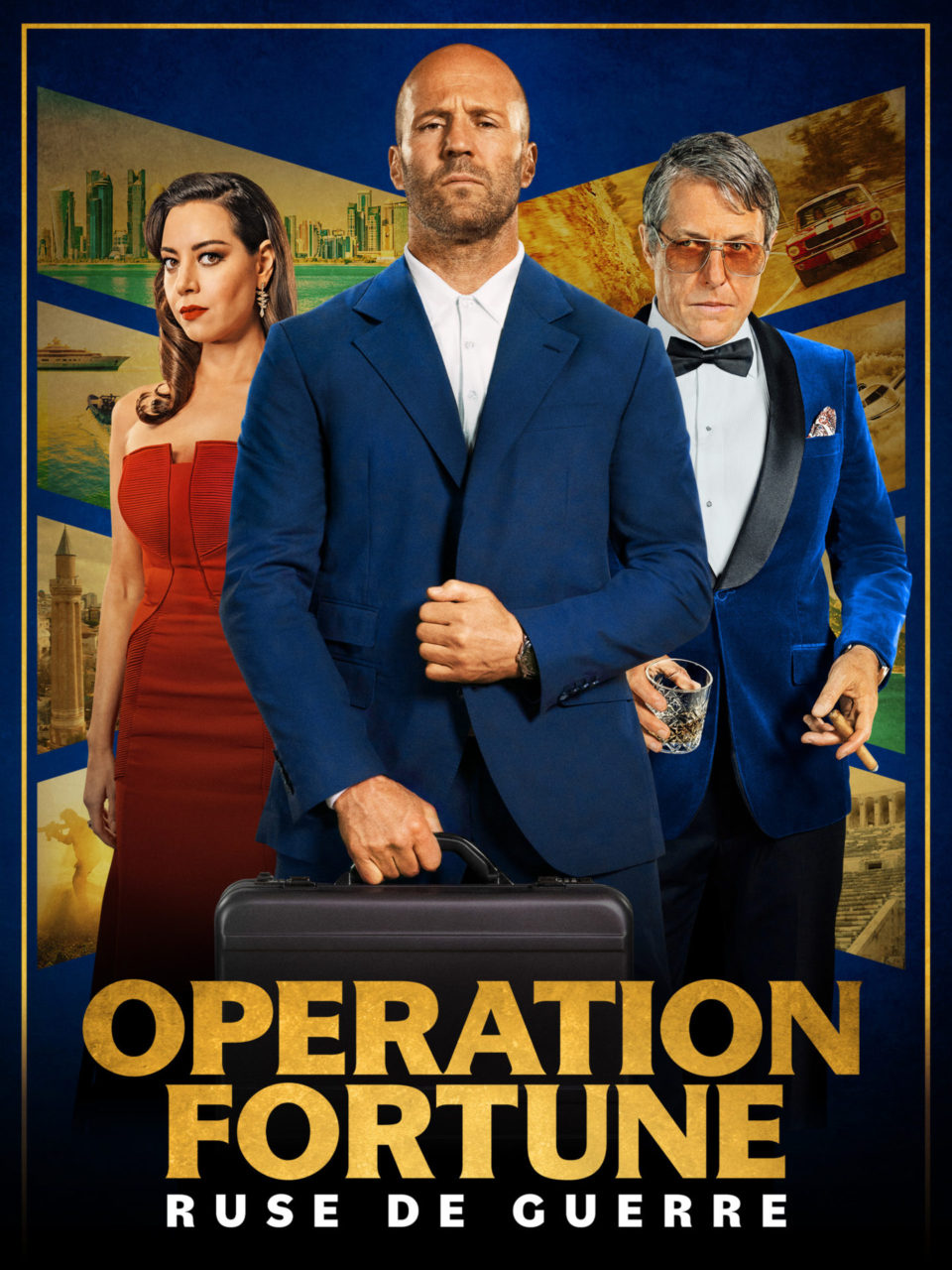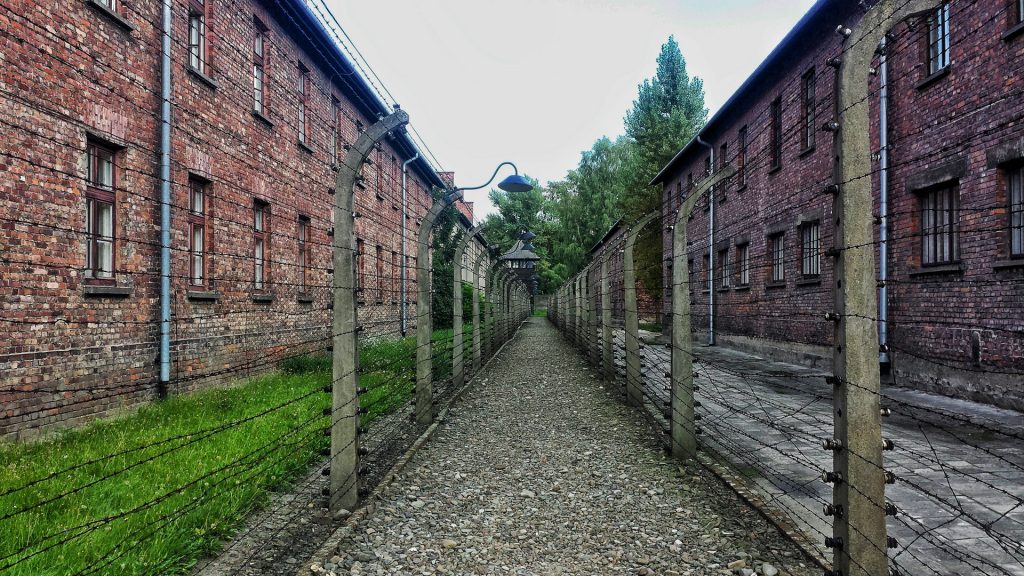
Schindler's List - Steven Spielberg
Oskar Schindler, Liam Neeson (Kinsey & Star Wars: Episode I – The Phantom Menace), is an industrialist in Poland during WWII. We learn he is trying, for the third time, to set up a money making venture. As the film progresses he is making much more than money in his factory.
He is supported by Itzhak Stern, Ben Kingsley (Gandhi & House of Sand and Fog), a contact for Oskar to Jewish money. This connection becomes much more than that as the movie progresses.
Steven Spielberg (Saving Private Ryan & Jaws) brings his best skills to the fore here. He weaves a visually powerful tale around his leads. He gets brilliant performances out of everyone and captures one of the most powerful stories ever told on film. He most certainly deserved the Oscar for this one.
Understated
So much of the power of this film comes from the understated way everything is told. The opening scenes, the setup of the ordinary world, is a prime example of this. Oskar is setting himself as friends of all the Nazi officers.
The film lets us see this night unfold in front of us. We see Oskar flashing his cash around and getting everyone onside. The meaning is clear but we are never told what we should be thinking.
This concept of show don’t tell plays out throughout the rest of the film with devastating power. A prime example of this is a scene where Oskar has to rescue Stern from a train. Oskar pulls him from the train as it leaves.
Throughout the scene we have heard calls of “Your bags will follow you” Then as the train leaves we stop following Oskar and Stern and see the bags in the next room being emptied and all the valuables being sorted.
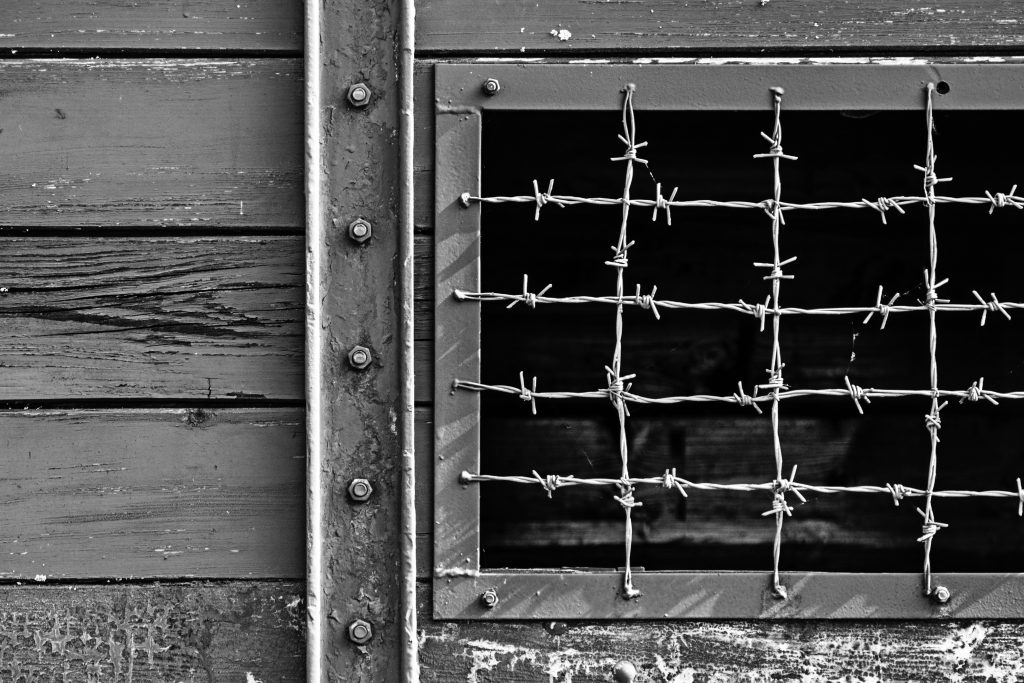
Photo by Majkl Velner on Unsplash
Stern is the Epitome of Understatement
Kingsley portrays the little Jewish man who runs Oskar’s factory with aplomb. There is a fantastic scene where Oskar flies off the handle at having the factory labelled as a haven. Stern simply nods and murmurs an apology, smiling slightly. This reaction speaks so large and is so much more powerful than if he had said what he was actually thinking.
The Complexity of Schindler
What occurred in the scene described above is that a lady visited Oskar to thank him for looking after her father. She said that the factory is a haven for her people. Instantly the smile disappears off his face and he berates Stern as described above.
This scene is so important and so powerful as it is the only scene where we see all three levels of the story shown in Schindler. On the outer Schindler is here to make money off the cheap Jewish workforce. As he says “Why would he pay for a Pole when he can get a Jew at half the price.”
This may be where he starts but it quickly becomes the facade he wears for the Nazis. He then moves to saving Jews. He does this by turning a blind eye to Stern but he knows what is going on. Oskar than is forced to take an active role in saving Jews when Amon, Ralph Fiennes (The Grand Budapest Hotel & The English Patient), is introduced.
The third level is his active subversion of Tyranny. He sees the terror that the Jews live with everyday. He takes action to try and save more and to keep his existing workforce safe.
I think the reason that Oskar is so angry at having the word ‘haven’ thrown in his face is that it strips down to the actuality of what he is trying to do – even if he himself hadn’t realised it at this point.
Terrifyingly Real
Coupled with the understatement is the reality of the film. It lets the horror speak for itself and it comes through loud and clear.
Hand-in-hand with this is denial. At every stage there is denial both openly and to themselves about what is actually going on.
The best example of this for me is a discussion that happens one night between Jewish females in a concentration camp. They refuse to believe that the gas chambers are real. Their argument is: why would they kill us, we are their workforce. If they stopped for a moment to actually look at what happened in the lead up to their current situation they would perhaps see that the gas chambers were a logical end to their current predicament.
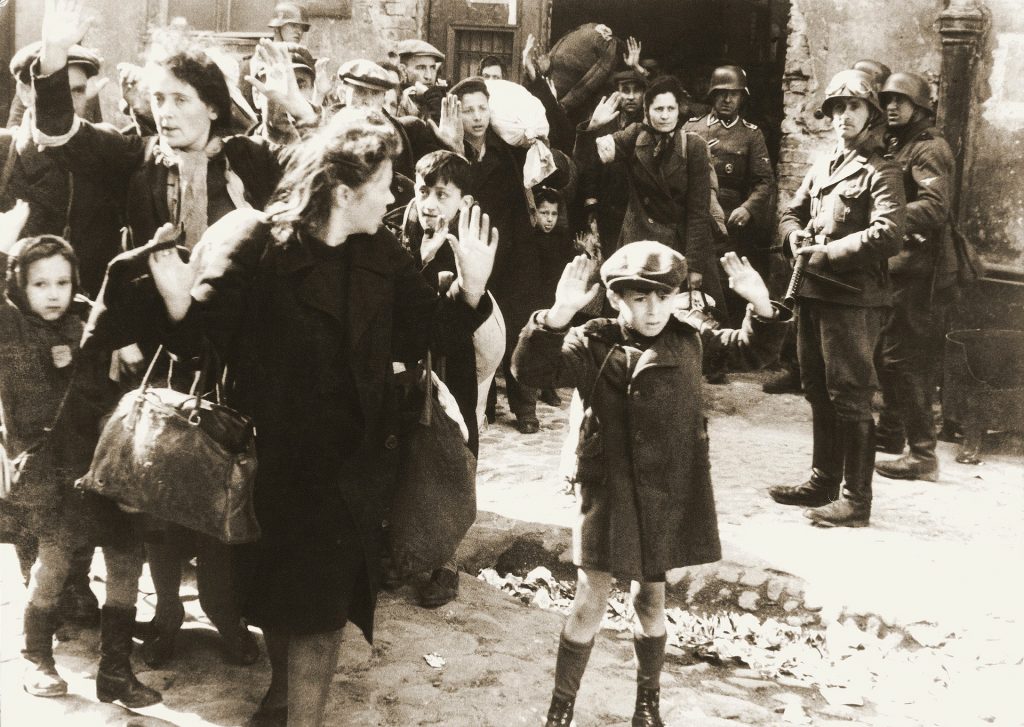
Image by WikiImages from Pixabay
Why Denial Was So Important
As humans I feel that we have a tendency to equate the current situation to something worse to make us feel better about the current situation, regardless of how bad it is.
I believe that this stems from two things. One, we are generally hopeful of the future regardless of the facts. We don’t think that bad things will happen to us and it is possible for things to get better.
Second, if we were to actually look at the reality of the situation we may often feel hopeless. Denial is important for our mental stability.
The Power of Images
Spielberg realises that the most powerful tool in his arsenal as a film director is the image. He uses this well throughout but there are two parts of the film that are mind-blowingly good.
The girl in the red coat. The film is shot in black and white which adds weight to the subject matter and gives it age that it wouldn’t have had otherwise. I really like the choice. It also allowed him to do the girl in the red coat scene which would have been impossible otherwise.
The Warsaw ghettos are being emptied. A young girl is separated from her family and you see her wandering through the carnage around her. The viewer of the scene is Oskar from a hill in the distance. The girl’s coat is the only thing in colour in the entire scene, so you never lose sight of her. Masterful.
The other scene that uses imagery extremely well is the final scene at Oskar’s grave. The survivors from his factory and their families come and place stones on the headstone. It is so impactful. For me it did two things. First, it made it real – these are the people that Oskar saved.

Image by Marco Rafolt from Pixabay
Second, it made me realise that at the time the film was made (1993) there were still so many of these people still alive. It made me realise how recently these events had occurred.
The Mirroring of Amon & Oskar
Amon is such an important character in the film. He is used to shine a light on Oskar and show us what Oskar could have been.
Oskar could still have made his money, if he didn’t have his secondary and tertiary motives. Without these motives how different to Amon would he have been?
Oskar’s influence on Amon is spectacular. Without Oskar many more Jews would have died under Amon’s vicious rule. Oskar’s influence even has Amon leaping to his defence upon his arrest. I do not believe that Amon would have lifted a finger for anyone in this situation prior to meeting Oskar.
The End of Oskar
At the end of the war Oskar speaks to the workers and the guards and then walks out to escape. As he moves to the car he slowly breaks down about all the things he kept and equates them to the number of lives he could have saved.
On face value I felt that this was way too much as we see Oskar sobbing as Stern comforts him. One reason that I didn’t like it was that it took away from the powerful understatement that had been so pervasive for the rest of the film.
Coming back to it now and thinking about it further I think that the scene is better than I gave it credit for. I think that message of the scene coming to the fore parallels Oskar’s motives coming to the fore and him accepting them.
Problems
There are almost none to speak of. There is only one minor issue that I had. early on in the film when Oskar is preparing to setup the factory it is Stern and the investors that have the agency.
Specifically at stage three of the heroes journey it is Stern that refuses the call to adventure not Oskar. The effect is that we don’t have as big a down beat and the upbeat as we cross the first threshold isn’t as big as it could have been.
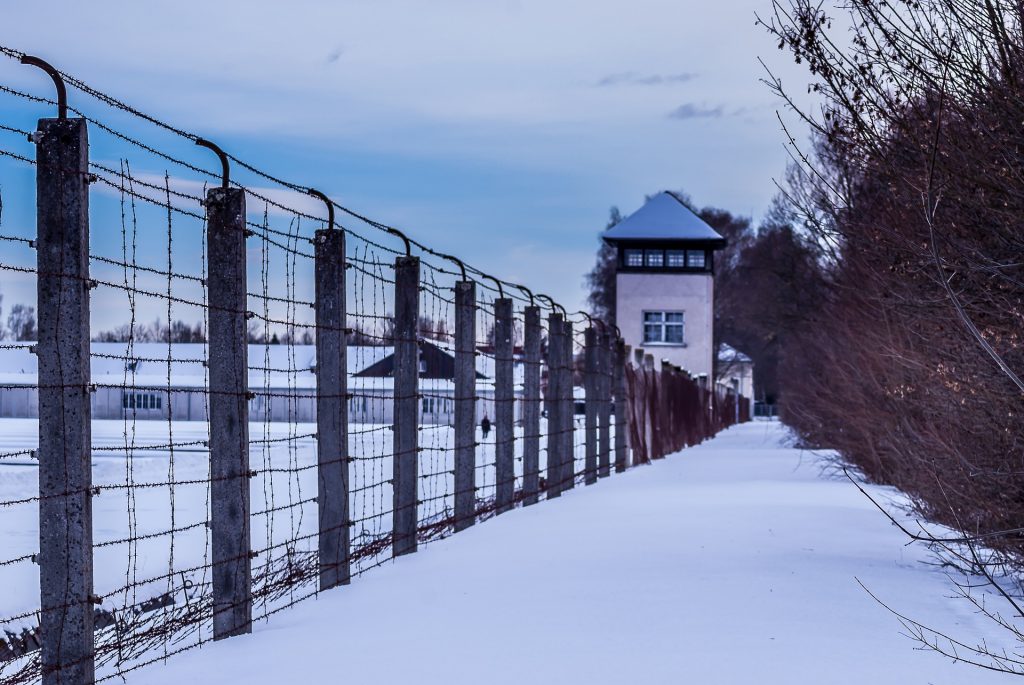
Image by Jordan Holiday from Pixabay


